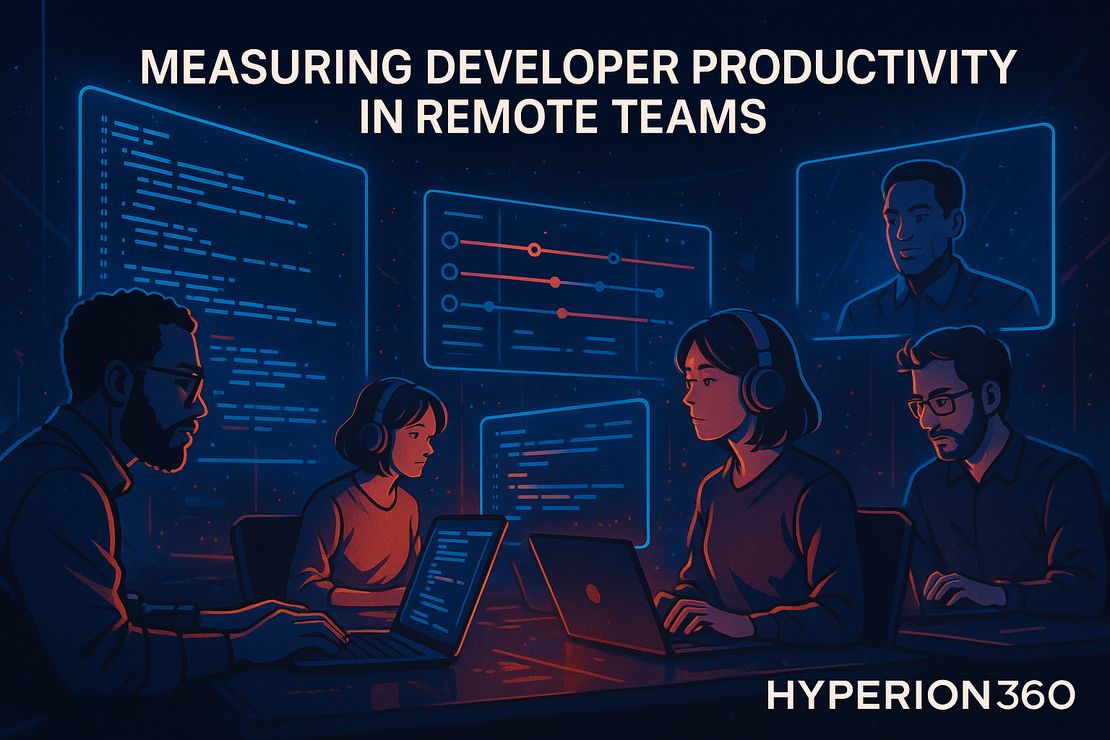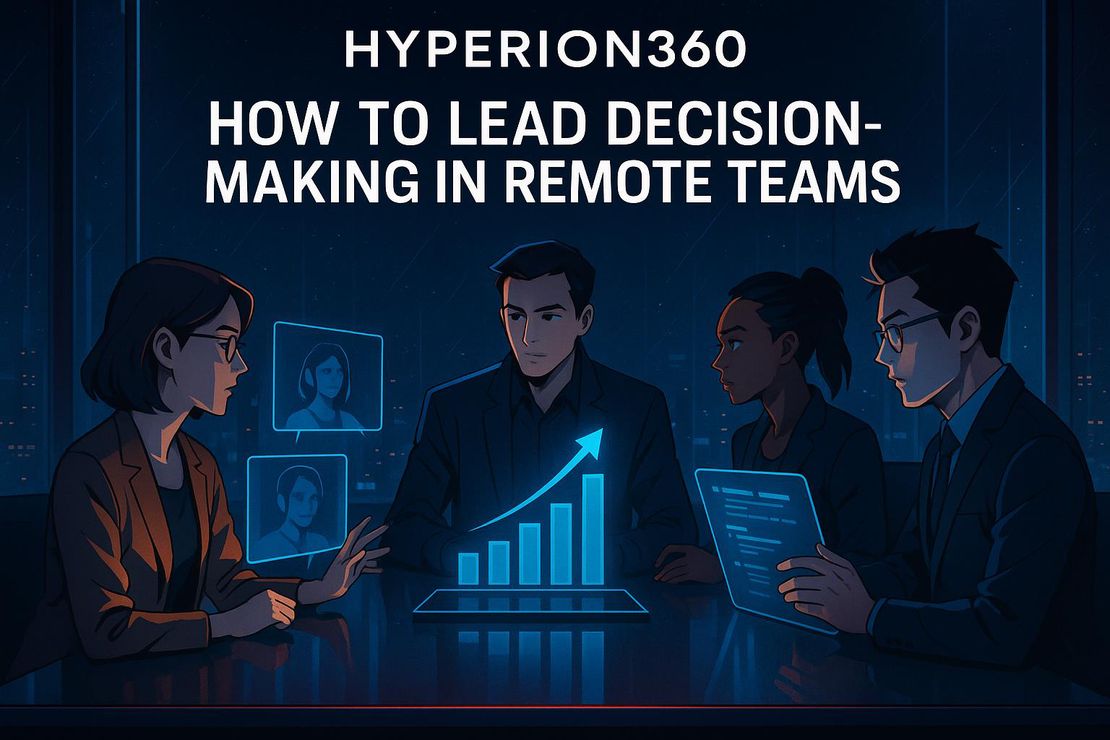Leadership
- Home /
- Categories /
- Leadership

Adapting Leadership for Multinational Engineering Teams
Managing global engineering teams isn’t easy. Different time zones, communication styles, and technical standards often create confusion. But with the right leadership approach, these challenges can turn into strengths.
Read More
Psychological Safety vs. Team Performance
Psychological safety and team performance are closely connected. When employees feel safe to share ideas or admit mistakes without fear, teams work better together, solve problems faster, and achieve stronger results. Google’s research confirms this: teams with high psychological safety are 6x more effective at solving complex problems.
Read More
How To Analyze Skill Gaps in Engineering Teams
Skill gaps in engineering teams can derail projects, delay deadlines, and impact competitiveness. Here’s how to identify and address these gaps effectively:
Read More
How to Evaluate Fit in Remote Software Engineer Interviews
Hiring remote software engineers isn’t just about technical skills. Success in distributed teams depends on strong communication, self-management, and accountability. Poor hiring decisions can lead to inefficiencies, high turnover, and wasted resources. This guide explains how to assess candidates for remote roles effectively, focusing on key traits like clear communication, teamwork, and reliability.
Read More
How to Build Loyalty in Remote Engineering Teams
Remote engineering teams thrive when loyalty is prioritized. Why? Loyal engineers stay longer, produce better work, and collaborate more effectively. But remote work comes with unique challenges like isolation, time zone differences, and communication gaps. This article breaks down actionable strategies to build loyalty in remote engineering teams:
Read More
Measuring Developer Productivity in Remote Teams
Measuring productivity in remote teams is all about focusing on results, not activity. Traditional metrics like hours worked or lines of code often fail in remote setups, where outcomes matter more than visible effort. Here’s what works:
Read More
How to Build Teams for Follow-the-Sun Development
Follow-the-Sun (FTS) development is a global workflow strategy where teams in different time zones work sequentially to ensure 24/7 project progress. When one team finishes their workday, tasks are handed off to another team in a different time zone, eliminating downtime and speeding up delivery. This approach can reduce time-to-market by up to 67% and provides constant productivity without overloading any single team.
Read More
How to Lead Decision-Making in Remote Teams
Remote teams face unique challenges when making decisions: time zone gaps, unclear roles, and long discussions can slow progress. To keep things moving, leaders need clear processes for decision-making, accountability, and communication. Here’s how to streamline decisions in distributed teams:
Read More
From Goals to Greatness: Goal-Setting Psychology and the SMART Goals Framework
For decades, psychologists have puzzled over a question that seems, at the surface, almost too simple: why do some people accomplish what they set out to do, while others fail? If you take two groups of people, with nearly identical skills and resources, and ask them to achieve the same task. One group will consistently outperform the other, not by a small margin, but a lot. The high-performing group doesn’t just have high hopes for the future; they have clearly defined, specific, and time-bound goals. They don’t just say, “I want to do well”; they say, “I want to score above 90% on this task, and I have exactly three hours to do it.”
Read More
How to Develop a Growth Mindset as a Leader to Transform Your Team
Do you have a fixed mindset or a growth mindset? Our mindset influences our behaviors, decisions, and interactions, all of which contribute to our overall performance and achievement, both personally and professionally. It’s a tool so powerful that it determines the trajectory of our lives.
Read More